

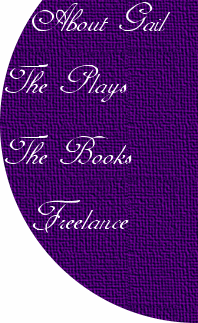
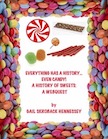



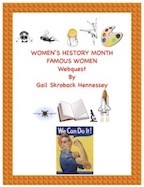
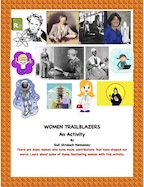
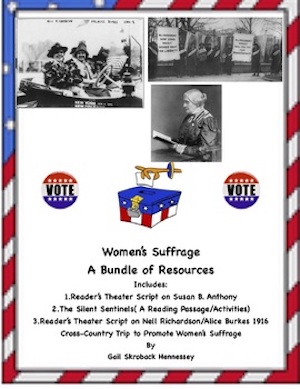
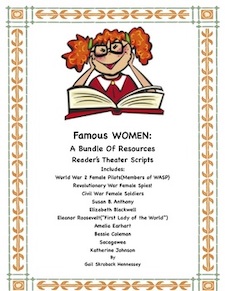
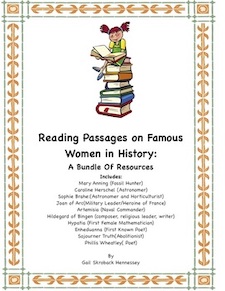
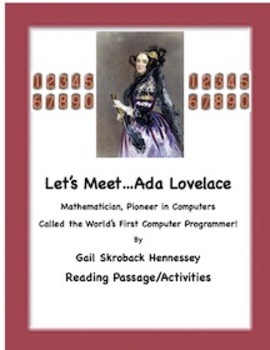
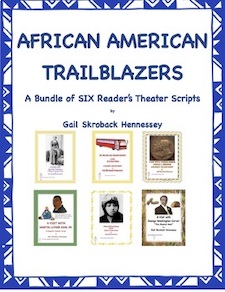
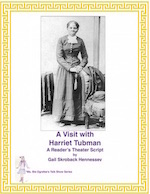
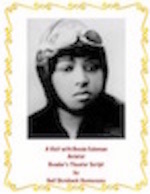
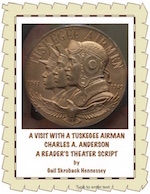


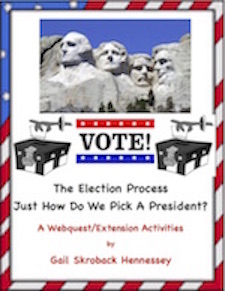
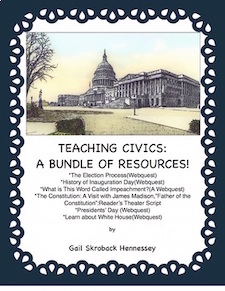
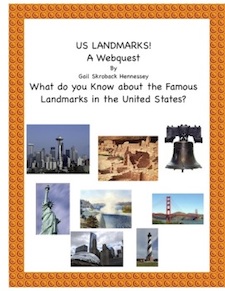

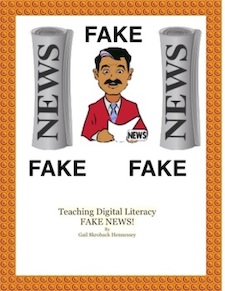
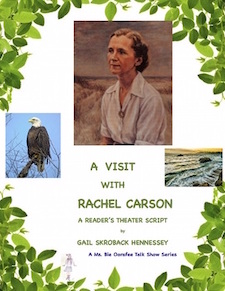
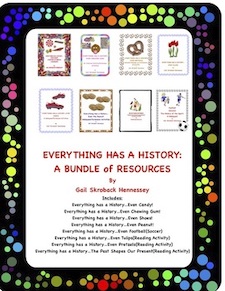
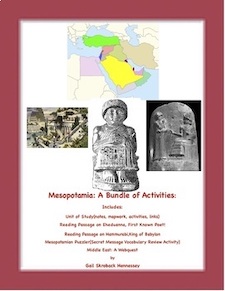
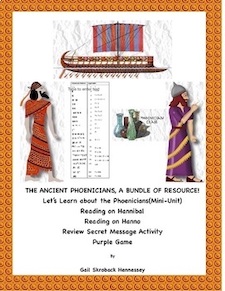
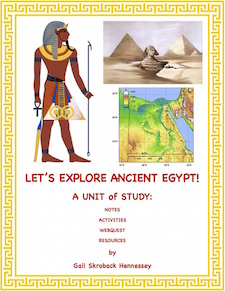
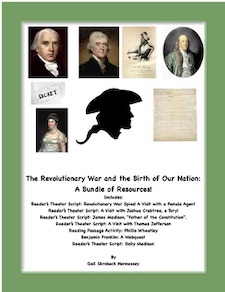
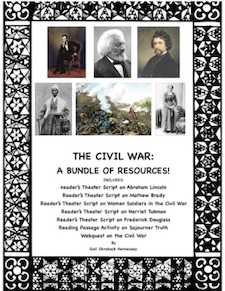
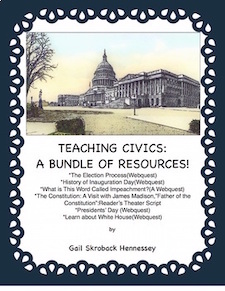
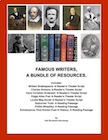
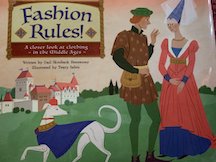
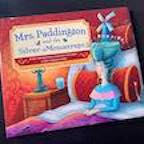
My Book-Mrs. Paddington and the Silver Mousetraps
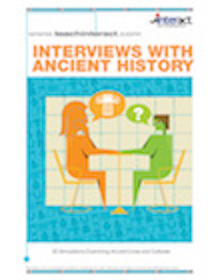

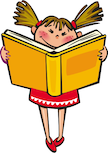
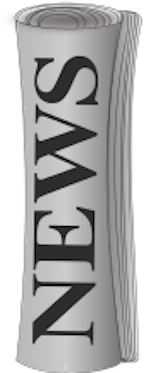
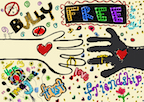
Anti-Bullying Resources
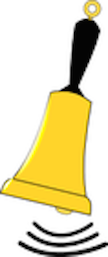
Bell Ringers!
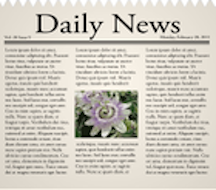
Updated regularly
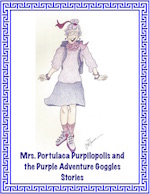
Mrs. Portulaca Purpilopilis
and the Purple Adventure Goggles
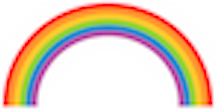
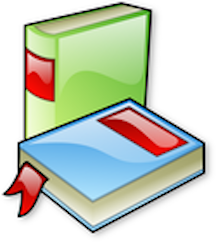
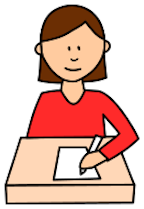
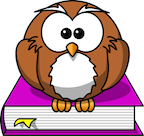
Facts to Wow your Friends!

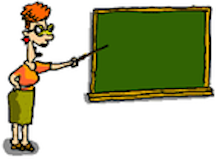 Teaching Ideas!
Teaching Ideas!
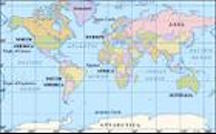
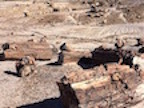

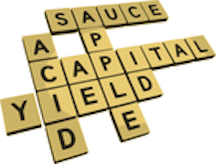

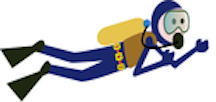

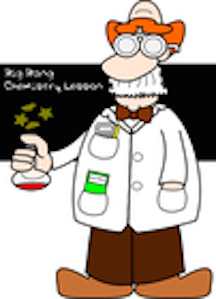
` `

The Past is Really our PRESENT!
“Why do we have to learn this stuff” is a common question you might ask yourself while learning about Julius Caesar and the fall of the Roman republic or other topics in social studies. Your teacher will probably say it is important to learn about the past and that the past is the building blocks that create our present. Do you realize just how much that statement is true? Remember, when you were little and you sat in a circle and someone whispered something in your ear and you had to pass along the information to the person sitting next to you? Well, the history of the world is kind of like that game. People through the ages have past down ideas which are still used today. You could say that , the past is really our PRESENT.
You get up and look at the clock and see that it’s time to get ready for school. Did you know that the ancient people of Mesopotamia(people that lived in the present day country of Iraq) had a counting system based on 60-that’s how high they could count on their joints on their fingers and toes, and that’s the bases of our time counting today!
You look at the calendar and see that it’s Thursday. Hmmm, thank the people of Mesopotamia again. They established a seven day week. Seems they had seven main gods that they wished to honor each day. And, the name, “Thursday”, Would you believe some barbaric people that lived long ago had several main gods which they worshiped on a certain day? “Tiew’s day” became Tuesday, “Woden’s Day” became Wednesday and “Thor’s Day” became Thursday. And staying with the calendar, did you ever wonder why there are 365 day in a year? Yes, that’s another gift from the past. The ancient Egyptians had 360 days in their calendar and added 5 extra days at the end of the year for a BIG party.
You go into the bathroom and take a shower. The earliest bathroom was excavated in a place called Orkney Islands, Scotland. The bathroom excavated dated back to 8000 BC. You grab onto a bar of soap. You guessed it, soap was invented about 600 BC. by the ancient Phoenicians(of present day Lebanon). They made their soap from goat fat and wood ash. Did you know that it was thought that bathing once a month(and in some cultures, once a year) was sufficient? Thankfully, people changed the believe that bathing was unhealthy. Do you think an ancient person sang in the shower? Probably!
You arrive at school and open your math book. Thank Johann Gutenberg from Germany. In the 1400s, he improved on the Chinese idea of block printing and invented a printing press that enabled books to no longer be written by hand. That made books more available. Time to practice your math lessons and you take our some paper. People down through the ages wrote on clay tablets, a weed woven into a paper called ”papyrus”, wax coated tablets and finally the Chinese invented the earliest paper that was the “grand daddy” of paper we use today. Did you remember to place your name on the top of your paper? Thank a few people that came up with a writing system we use today. The earliest Phoenicians needed a quick way to record their trading activities and picture writing just wasn’t the answer. So, they developed the first alphabet. They shared their alphabet with the ancient Greeks who in turn tweaked it a bit and passed it down to the Romans who added their own flair(like capital letters) and the writing system eventually came down to us. What just fell onto the floor? Your pencil? Did you know that the earliest pencil was used in Germany in the 16th century? Did you know the earliest pencils DIDN’T have eraser tips? That came about much later. Your mind begins to wander a bit during math class and your eyes look at a cool poster of someone skiing down a steep slope in the Rocky Mountains. The poster is taped to the white painted concrete wall of your classroom. Concrete was first used by the ancient Romans in building construction. Oh, and that skier? Well, a really old picture of two men on skis, dating back to about 2000 BC, was found in a rock cave in the country of Norway!
Time for gym class and the class is bowling(well...maybe not...but it’s just an example). A tomb, in ancient Egypt, dating back to 5200 BC, was found with a bowling ball and nine pins. And , if you and your friends like to play kickball, think about this blast from the past. The Aztec Indians were bouncing rubber balls back in the 15th century.
Did someone say, “Lunch”? Well, pick up that fork and thank someone from the country of Italy who lived in the 11th century. Before this time, people ate with their fingers. In fact, for many years it was considered poor manners to use that metal contraption called a fork. Drink up that chocolate milk and thank Indian civilizations of South America. Seems that about 1000 years ago, the cocoa plant was used in making of a popular(and bitter tasting drink). It wasn’t until many years later, that someone thought to add sugar to the mixture. Oh, and sugar, it was first used in India about 2000 BC.
Band lessons are next and you pick up your music. Once again the ancient Greeks and Romans had the first notation for music(although some books say the people of ancient Mesopotamia had music notation, too). The Italians improved on musical notation in the 9th century. Oh, no, you can’t remember where you left your eyeglasses? Eyeglasses were first worn by the Chinese people. An Italian explorer named Marco Polo, who went to China, brought back eyeglasses to Europe in the 1200s. It was much later , in 1784, that Ben “go fly a kite” Franklin, improved eyeglasses by making bifocals. And, that kite he flew during an electrical storm, yes, that was another gift from the ancient Chinese who first used their flying objects as a form of communication!
School’s out and you get home. You decide to ride your bike for a while because the weather is great and you need a break before starting your homework. Someone in Scotland, in 1839 , invented the first bicycle. The first bicycle had metal trimmed tires so it gave a pretty bumpy ride(that’s why they were nicknamed, “bone shakers”). Later, someone thought to add rubber tires. After a snack and doing some homework, you can’t wait to surf the internet on your computer. Now, THAT’s got to be something from the present, don’t you think? Would you believe that the word computer comes from the ancient Roman word “computare” meaning “to computer”?
Isn’t it amazing how our past is really our present?